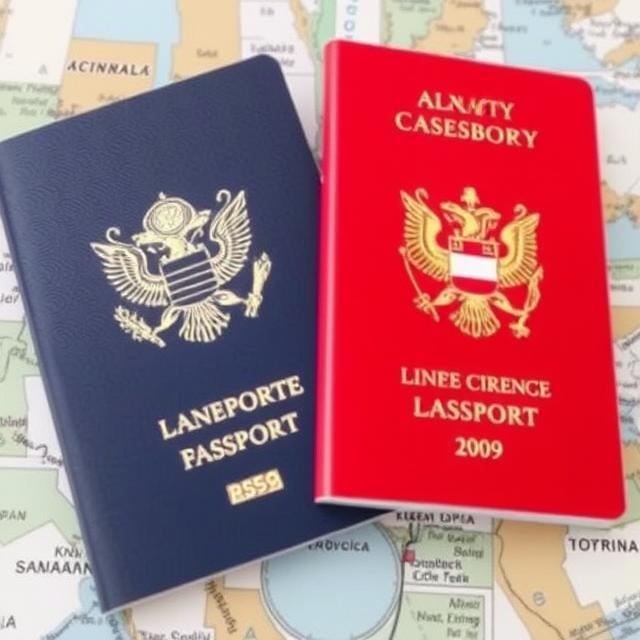Applying for dual citizenship comes with legal responsibilities that vary depending on the countries involved. Before proceeding, it’s crucial to understand the legal implications to avoid unexpected consequences.
1. Does Your Country Allow Dual Citizenship?
Not all countries permit dual citizenship. Some require you to renounce your original nationality before acquiring a new one.
- Countries that allow dual citizenship: The U.S., Canada, the UK, Australia, Nigeria, and most Caribbean nations.
- Countries that restrict or forbid dual citizenship: China, India, Saudi Arabia, Austria, and Japan.
Always check your home country’s laws to ensure you won’t risk losing your original nationality.
2. Tax Obligations in Both Countries
Dual citizenship may result in tax liabilities in multiple countries, depending on tax laws:
- The U.S. taxes worldwide income, meaning U.S. citizens must report income earned anywhere.
- Some countries have double taxation treaties to avoid taxing the same income twice.
- Certain nations offer tax exemptions or benefits for non-resident citizens.
3. Military Service & Government Duties
Some countries require citizens to serve in the military or government roles:
- South Korea and Israel mandate compulsory military service.
- Some nations restrict dual citizens from holding government positions.
Understanding these requirements is essential to prevent conflicts.
4. Legal Rights & Responsibilities in Both Countries
Dual citizens must follow the laws of both countries. This includes:
- Obeying local laws when in either country
- Travel restrictions (some countries may limit travel to certain regions)
- Legal disputes (some countries may not recognize diplomatic protection from your other nationality)
5. Passport & Travel Considerations
Many dual citizens must enter and exit their home country using that country’s passport.
- The U.S. requires citizens to use a U.S. passport for entry and exit.
- Some countries may limit diplomatic protection if you travel on your second passport.
6. Impact on Inheritance & Property Ownership
Certain countries have laws restricting property ownership for foreigners, even if they hold dual citizenship. Inheritance laws may also differ, impacting how assets are distributed.
7. Security & Political Risks
Having dual citizenship in politically unstable countries may:
- Increase risks of travel bans or revocation of nationality.
- Lead to forced military service or legal restrictions.
8. Citizenship Revocation Risks
Some countries can revoke citizenship if they suspect fraud, lack of allegiance, or national security concerns. It’s important to follow all legal procedures correctly.





